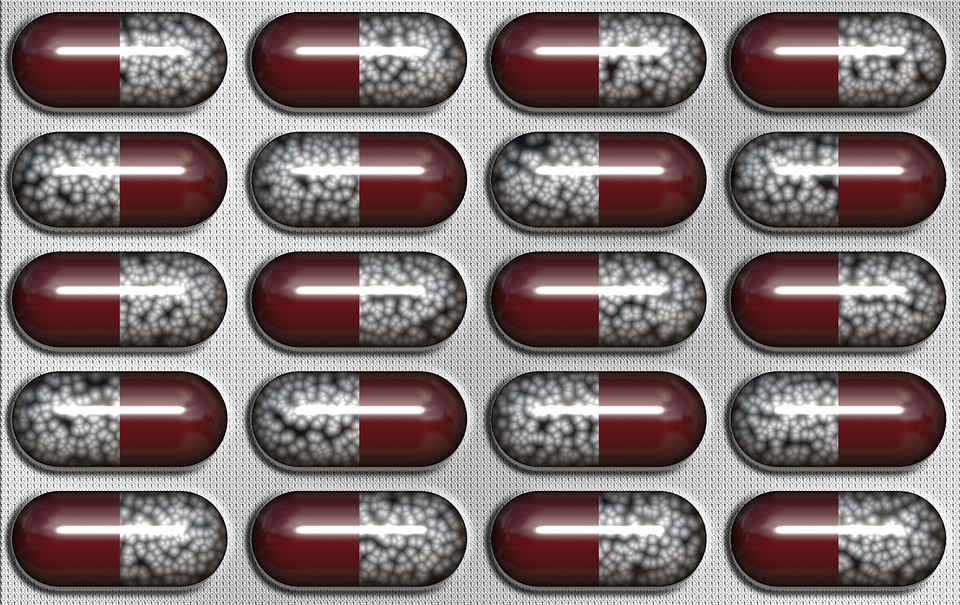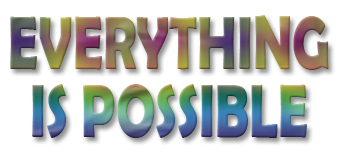Using Smart Drugs to Get Ahead. Is it cheating?
For quite a long time, individuals have searched for a pill that could take care of every one of your issues—one that could make you more astute, more inventive, and give you an aggressive edge in life. Such kind of products exist, in particular, a class of mind medications called Nootropics.
Nootropics are an expansive scope of medications said to enhance psychological capacity, from enhancing memory maintenance to impelling brain function. Dissimilar to most ADHD drugs, to which you can without much of a stretch, develop a resistance, nootropics advocates say you don’t have to continually build your dosage and they aren’t propensity for addiction. What’s more, in light of the fact that Nootropics is considered “Nutrition supplements,” they are not considered in the same way as regular medicine, making them less expensive and simpler to get than a Schedule II substance like Adderall.
However, is it moral to utilize them?
In case you’re popping in Nootropics to think about for an exam, would you say you are cheating?
Nootropics are seen as scholastic steroids. These aren’t pills that will actually make you more brilliant.
Nootropics can help you to a degree, yet regardless, you need to do all the work.
All of the brain enhancement products over the counter are Nootropics. In any case, a few specialists oppose this idea. Nita Farahany, one of the nation’s driving bioethicists and the executive of Duke’s bioethics and science strategy program, says moral utilization of savvy medications is harder to bind.
Duke University, where Farahany educates, is really one of the couple of scholarly foundations, with a positive approach on the utilization of Cerebral enhancing drugs (CEDs), an expansive term for cerebrum boosting drugs. Other than the standard infractions, similar to copyright infringement, Duke’s scholastic code records utilization of CEDs without a specialist’s prescription.
In spite of the fact that Duke’s arrangement doesn’t determine the sort of solution, Farahany said the strategy was conceived out of far reaching misuse of Adderall and Ritalin at the college (very nearly 33% of all understudies have utilized doctor prescribed medications to think about, as indicated by the Center on Young Adult Health and Development). Yet, the study just specifies physician recommended medicines—which leaves space for nonprescription psychological improving supplements.
Without a doubt, part of the issue with making approaches around CEDs is that it’s hard to understand what a CED truly is. Duke’s studies are organized around Adderall and Ritalin, yet another physician recommended drugs—like Modafinil, specifically—have been connected to intellectual increases. Nootropics are nonprescription substances, however there’s in any event some confirmation in research studies to substantiate that they have subjective advantages.


